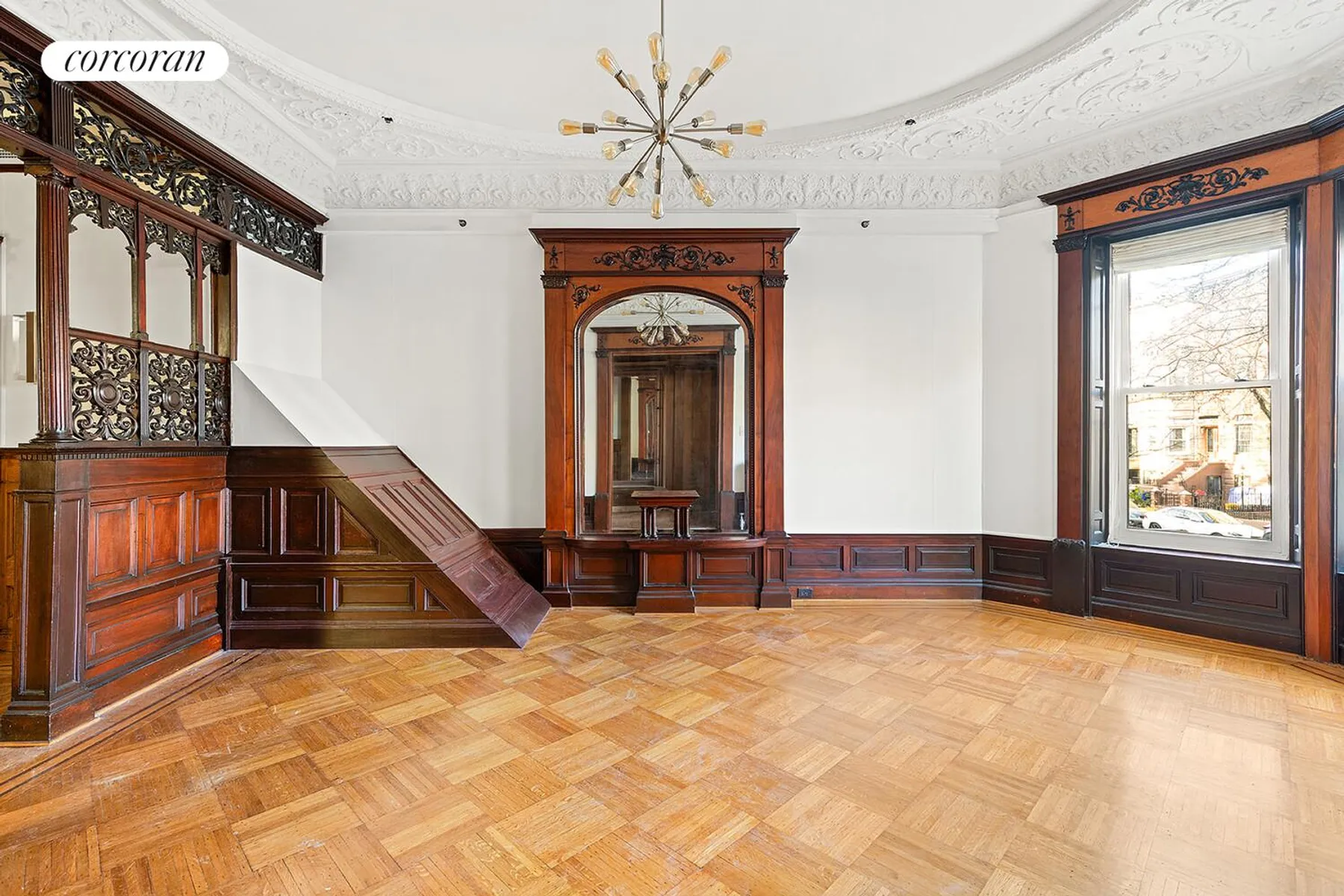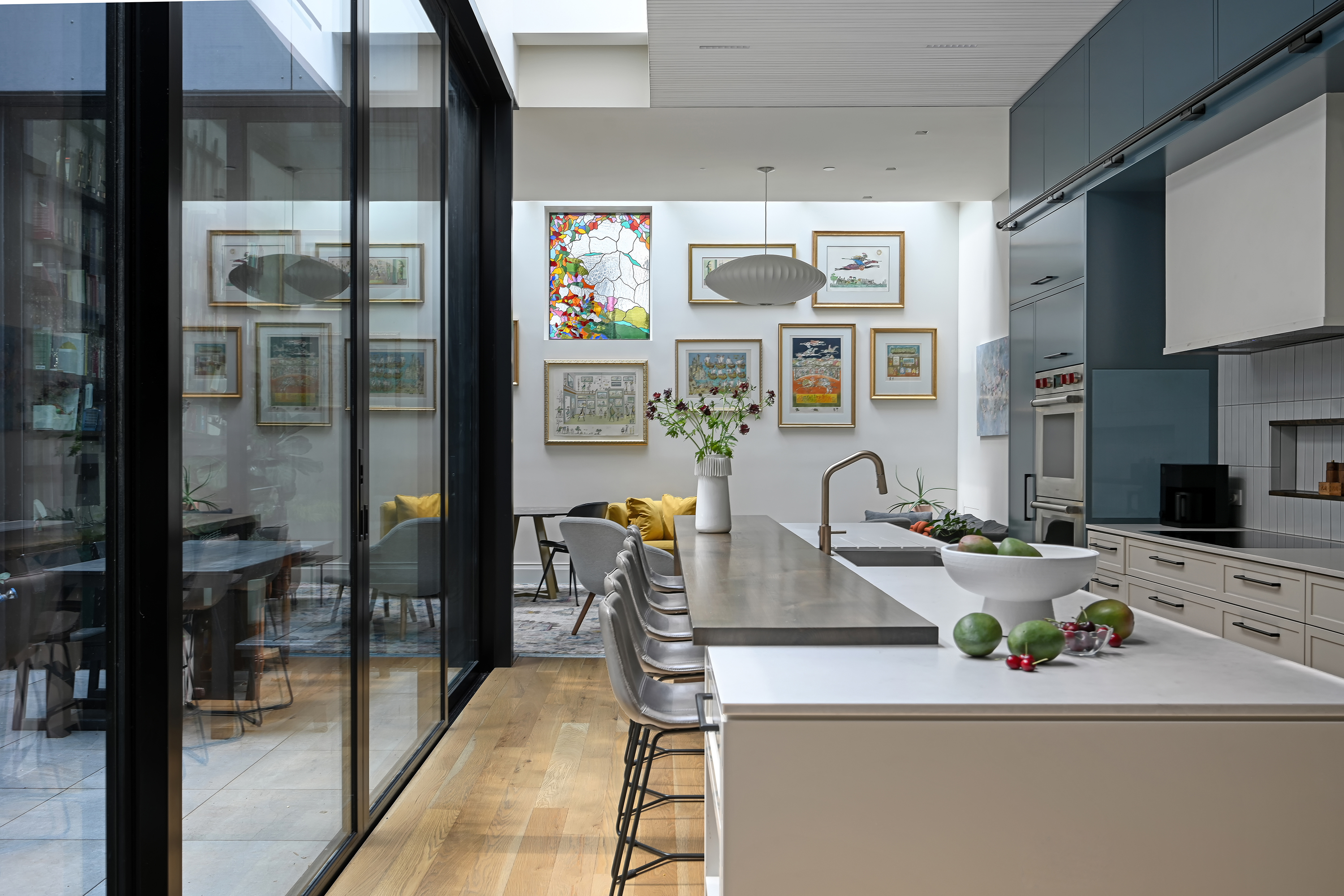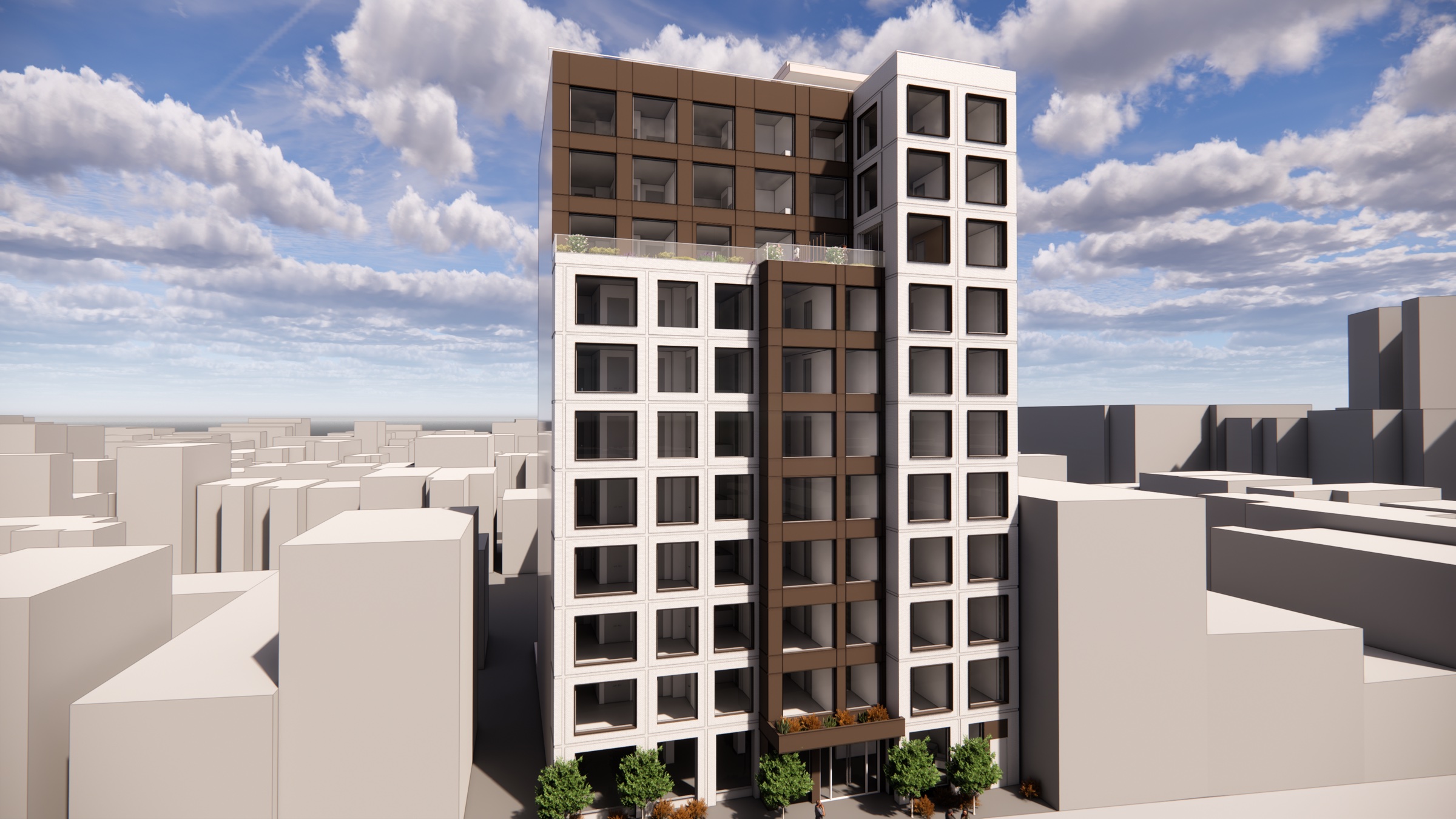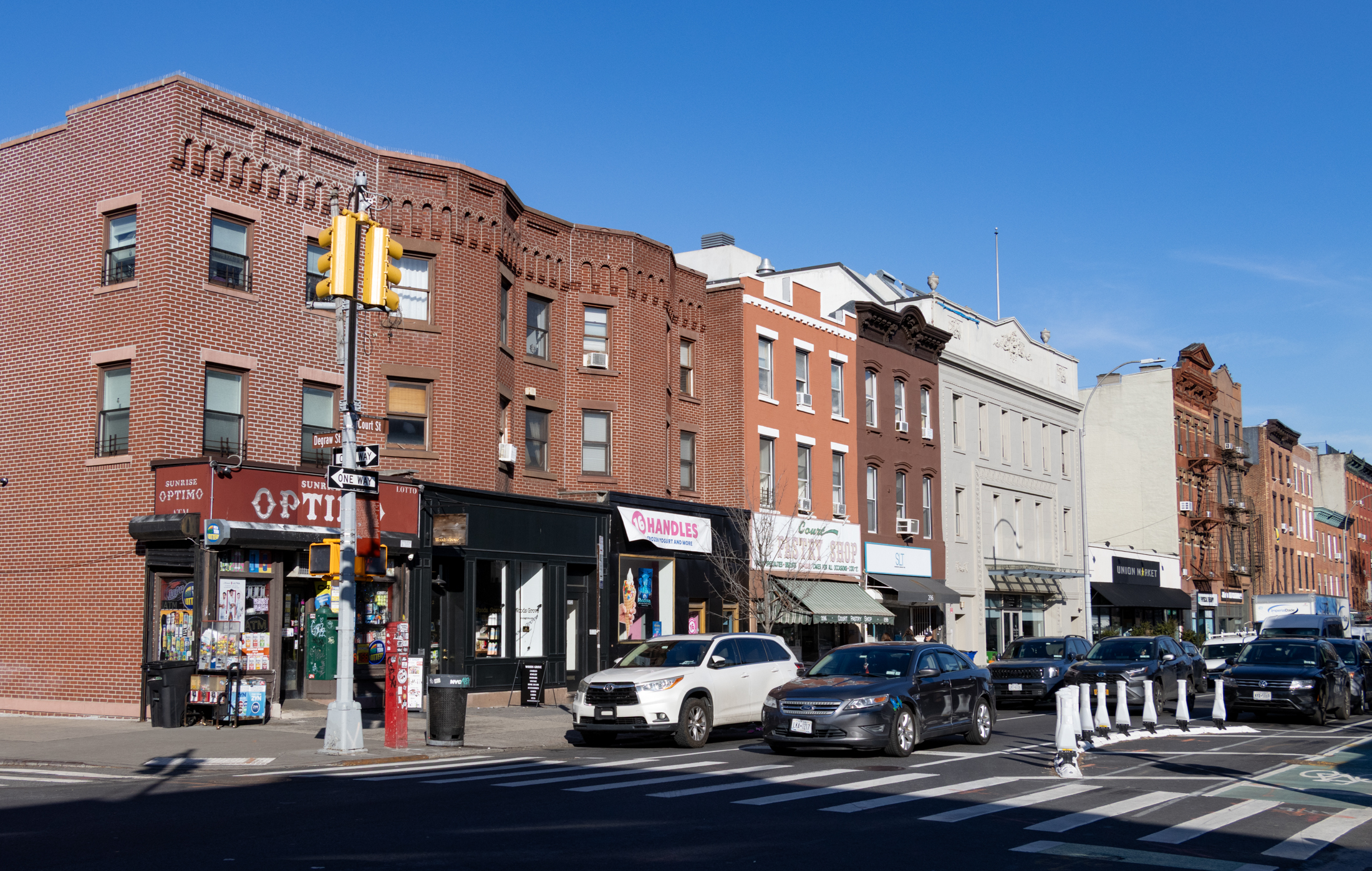Bursting the Bubble Bubble
Smart Money columnist Ray Hennessey thinks all the chatter about the real estate bubble bursting is way overdone. Sure, prices are lower and rates are higher, but there are still buyers and, unless you bought too much house with an unwise mortgage instrument, the world isn’t ending: What may be different now than, say, even…

 Smart Money columnist Ray Hennessey thinks all the chatter about the real estate bubble bursting is way overdone. Sure, prices are lower and rates are higher, but there are still buyers and, unless you bought too much house with an unwise mortgage instrument, the world isn’t ending:
Smart Money columnist Ray Hennessey thinks all the chatter about the real estate bubble bursting is way overdone. Sure, prices are lower and rates are higher, but there are still buyers and, unless you bought too much house with an unwise mortgage instrument, the world isn’t ending:
What may be different now than, say, even a year ago is that these folks are more price-sensitive. They have choices, and less competition, so they’re in a position to negotiate. As a seller, I had to respond by listing my place at a realistic price, even, in some cases, undercutting the price tags of comparable homes in my area. Shudder the thought…Reasonable rates, a healthy inventory, realistic prices. Ayn Rand would be proud.
Of course, Hennessey admits, as someone who has a lot to lose if this is a bubble, he’s not exactly unbiased.
Bursting the Bubble Bubble [Smart Money]





My 2 cents
I like the way you dismiss your opinion as worthless. You actually get more people to listen when you make a claim like this. The fact of the matter is nobody knows for sure what will happen. All we have are opinions.
My opinion is that the NYC housing market dominates the surrounding suburban markets. Although they are clearly heavily correlated, the NYC markets are where all of the employment is. Also the NYC markets have competing demand from residential and commercial interest (which are booming now). Residential projects get shifted to commercial ones and the supply of residential units remains constant.
In a market where demand for housing is high and increasing (as seen by the escalating rents that we see) and where supply is slowly increasing and perhaps constant (in the case of Brownstone Brooklyn), prices must go up. This is Econ 1A and 1B.
The only unknown is the time scale. Do prices go up tomorrow, next month, next year, next decade. Nobody knows.
In my opinion, prices in NYC start to go up early next year. (Probably after the $20 billion in Wall Street bonuses get paid). If the NYC economy stays strong, the strength in the city market reverberates to the outer boroughs and eventually to the suburbs.
The above comments strike me as wise. That is, we are almost always blind to the moment we are living in. So we assume now that the trend back to the inner city will/must continue, just as 20 years ago we viewed the out-migration from the city core as ineluctable.
New York City-centrism in particular blinds us to what’s going on around us. New York City is a physical but not an economic island. Wall Street bonuses are grand, but they can account for but a tiny fraction of the luxury home sales. In the end, we depend at the very least on the regional economy. We have two empty-nesters who have come to rest on our block in Park Slope. They purchased their new nests because they were able to cash out their old nests–in White Plains–for vast sums. Start to pull away those props, and softening in the suburbs is considerable, and inevitably the market here must react.
Does this augur a crash? I dunno. But it seems a good time to do as an earlier poster stated here, and buy only with an eye towards the medium or long term. Short termers risk history biting them in the hindquarters.
Of course, if I’m wrong, I never typed any of this, right?
Interesting point about the suburbs. One factor about Brooklyn vs. suburbs though – the property taxes. Which are SO high in the suburbs, and quite low in Brooklyn. The $10K-20K a year property taxes in various surrounding suburbs more than makes up for whatever savings you get buying out there, instead of in Brooklyn. If you are looking for a home to live in for 10-20 years, anyway. My friend pays $15,000 a year in taxes to live in nice enough, middle class town on Long Island without much to do or great restaurants for a 2000 square foot house with big yard. Weighing all things, we’d rather put the money we would have spent on taxes over 20 years in the suburbs, towards buying a house in Brooklyn. And now that the “white flight” panic of the 60’s and 70’s is over and suburbanites are returning to the urban centers, I have to think other people and not just us are looking at property taxes in the suburbs and rejecting the idea outright.
Please excuse my typing skills.
No one knows what will happen, and everyone has ther own beliefs. My two cents (which aren’t probably worth that)is the author of this article not necessarily biased, he is upfront his expereince with the change in the market. These are facts, the market is no longer strictly a sellers market. Based on these facts, he opines, perhaps with the hope it will be correct, that the market is not about to crash (which he idenitifies as a bubble bursting). To me this is his prediction, whether he is right or worng remains to be seen, are there facts to support his position: yes, and there just as many facts to reject his position: yes. If he clearly was right or wrong, no one would be discussing this right now. That said, it is now time for my meaningless opinion. Currently, the market in Brooklyn has been rather stagnant, while sellers appear more willing to negotiate now, the asking prices have not really dropped. I belive this to be the case, because Brooklyn and the City are completely dependent on the surrounding suburban areas. This dependency results in a delayed response to the market, because the suburban markets must first dictate how much property values are going to decrease. My family has lived in New York City for close to a hundred years, and througout that time, during different time periods, the consistent question regarding housing was whether to live in the City or “the Country” (suburbs to most people). Recently, the trend has established the City as the place to live; however, if the suburbs get hit hard, and great buying opportunities arise, it is very likely that the current trend will change, and it will become fashionable to live in the suburbs again. If that happens then market in Brooklyn will becoem a buyers market for a prolonged period. How much will this reduce prices, if it happens, again another pure guess, but I would see an eventual and gradual decrease of up to 20% (depending on the quality of the house). An there are my 2 cents.
Me again (I’m 2:01) I should add that even buying now and not next year we bought our house for 15% less than a house sold on the same block in Spring of 2006. Which we’re quite happy with. I would have been miserable if we’d waited, thinking there would be tons of houses on the market there at a bigger discount in 2007. Only to end up not finding something I liked as much. It wasn’t worth it to us to wait.
Very wise comments from 10:40. It would seem very logical and common sense, for people to recognize that the older houses and apartments have a limited inventory, that no new ones will be built. So it’s really been confusing me how the news about the slow market for new construction in CA and Las Vegas, allows some people to apply that same news to the Brooklyn brownstone (or older co-op) market. It’s apples and oranges. It’s nice at least that there are now some alternative voices, voices of reason, entering the real estate discussion recently to counteract the hysteria and sensationalism the media has been throwing at us. One thing I think is sad, is all the gossip (that came from amateur speculation) that the thing to do is wait until next year to buy. I think some buyers will end up being misled by that gossip and will regret it. The prices are lower NOW, so why spend the rent and wait? And risk finding mostly new construction on the market, and less of the older buildings? Especially when it does really take some time to find something you love.
I’m far too picky to do that, myself. I could never set a certain date and say “This month of next year I’ll buy something”. There’s absolutely no telling at all, I’ll find something I want. Especially in NYC where unless you have ulimited funds, you do have to weigh all the downsides against the upsides when buying (most often location vs. square footage). So that’s why my husband and I also just bought a house now, and decided not to wait. I found something I loved, which is one in a million with how picky I am, so we went for it. But to each his own of course! Good luck everybody, whatever side you’re on, buying or selling.
Very funny linusvanpelt… a turtle’s perspective would be interesting, but I’d prefer comments on things aside from housing (i.e. a turtle’s true opinion of the hare).
Anyway, the author is trying to sell right now… to him, the view of housing at this moment are very relevant, and more relevant than someone who will not be involved in a RE transaction for a few years.
That’s all I was saying.
To “_”,
Great question… and actually I should have been more clear in stating that “for me, it is a good time to buy”, because my wife and I are going to start a family and we want to be somewhere for a long while (over 10 years). This is why I bought a brownstone, so I get exposure to the improving rental market + the flexibility to grow into a larger living space.
In looking at regional housing cycles in the past, if you bought at the worst time, it can take 10 years to break even. However, if you buy a year into the downturn it can reduce the time to break-even by half.
To me, a house is not purely a financial asset and most profits are largely “paper-only” because you need to buy another house along with the sale (unless you go back to renting). Therefore, the arguement is kind of silly if you are already in the market… still it can make for interesting conversation.